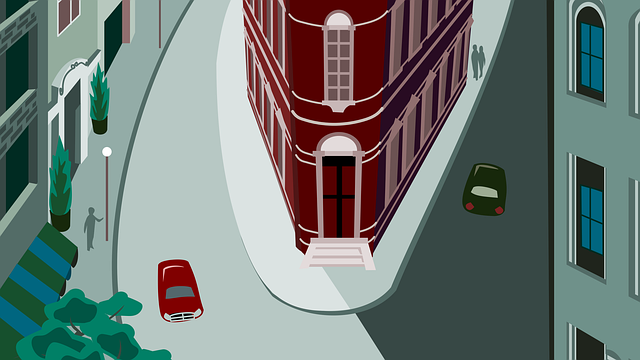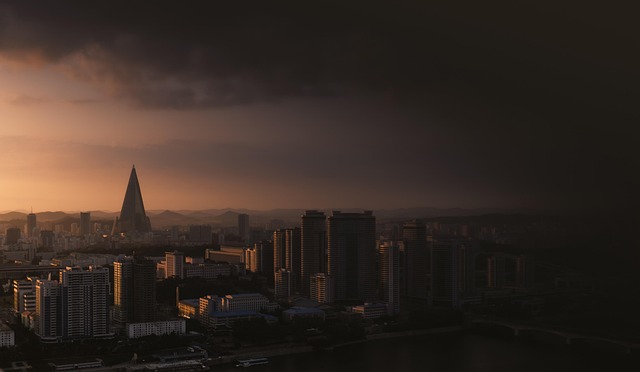In Karachi, construction bylaws are crucial in shaping the city's unique urban landscape, ensuring balanced growth, environmental sustainability, and preservation of architectural character. The Garden West project has significantly influenced local regulations through stricter environmental guidelines and eco-friendly practices, driving sustainable urban planning. These strict bylaws govern building projects, promoting harmonious development while preserving aesthetics. While developers face challenges like delays and increased costs, the long-term benefits include higher property values and stronger community bonds. Garden West serves as a blueprint for future urban planning in Karachi, setting new standards for sustainability, livability, and integrated amenities.
In the heart of Karachi, the Garden West development stands as a beacon of urban transformation. This article delves into the intricate world of construction bylaws that govern such projects, offering a comprehensive overview for residents and developers alike. From understanding the regulatory framework in Karachi to exploring the impact of Garden West, we unravel key provisions, permits, and potential challenges. Furthermore, we discuss the benefits, future prospects, and enhanced urban planning these developments bring to the vibrant city of Karachi.
- Understanding Construction Bylaws in Karachi: An Overview
- The Impact of Garden West Development on Local Regulations
- Key Provisions and Permits: What You Need to Know
- Challenges and Benefits for Residents and Developers
- Future Prospects: Enhancing Urban Planning in Karachi
Understanding Construction Bylaws in Karachi: An Overview
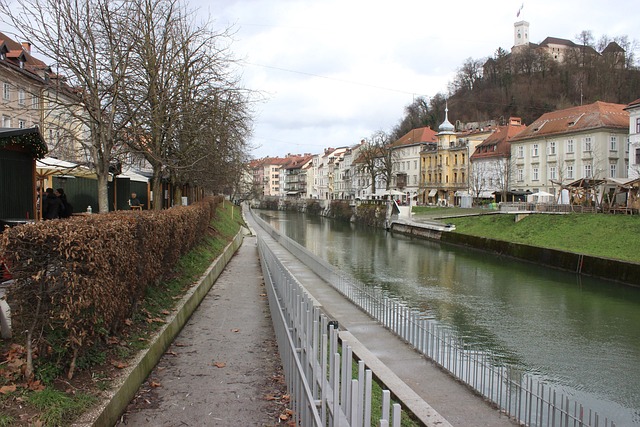
In the vibrant city of Karachi, understanding construction bylaws is paramount for any individual or entity involved in building development. These regulations, designed to maintain urban harmony and safety, govern everything from zoning and structure height to material choices and environmental impact. Adherence to these bylaws is not just a legal requirement but also ensures that new constructions blend seamlessly with the existing landscape of Karachi.
Karachi’s construction bylaws are comprehensive, reflecting the city’s unique challenges and aspirations. They cater to various aspects, including urban planning, infrastructure development, and environmental sustainability. By adhering to these guidelines, builders and developers contribute to a balanced and aesthetically pleasing metropolis, ensuring that Karachi continues to evolve while preserving its distinctive character in terms of architecture and urban design.
The Impact of Garden West Development on Local Regulations
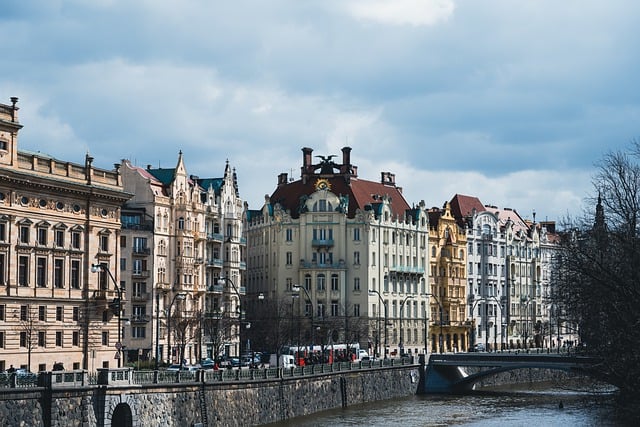
The development of Garden West in Karachi has had a profound impact on local regulations and construction bylaws. As one of the city’s most ambitious urban renewal projects, it has set new standards for sustainable and inclusive urban planning. The project has encouraged the adoption of stricter environmental guidelines, promoting green spaces and eco-friendly building practices that are now being integrated into Karachi’s broader urban development framework.
Moreover, Garden West has prompted a reevaluation of zoning laws and density regulations in Karachi. The high-rise residential and commercial complexes within the development have led to discussions about managing urban growth while ensuring adequate infrastructure and services. This shift reflects the evolving needs of a rapidly growing metropolis like Karachi, where balanced development is crucial for maintaining quality of life amidst increasing population pressures.
Key Provisions and Permits: What You Need to Know
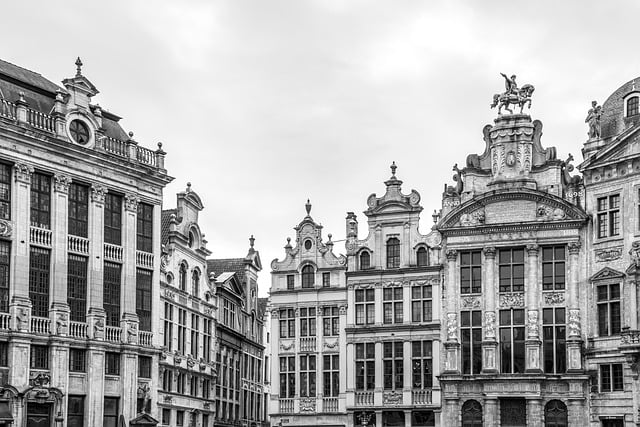
In Karachi, the Garden West construction bylaws outline essential guidelines for any building projects within the designated area. Key provisions include strict rules regarding zoning, floor space ratios, and building height limits to ensure harmonious development. These regulations are designed to maintain the aesthetic appeal and sustainable growth of the region.
To initiate any construction, residents and developers must obtain the necessary permits from the local authorities. This process involves submitting detailed plans, specifications, and applications, ensuring compliance with the bylaws. Permits grant approval for specific aspects like structural design, fire safety measures, and environmental impact, thereby facilitating orderly and regulated construction in Garden West, Karachi.
Challenges and Benefits for Residents and Developers
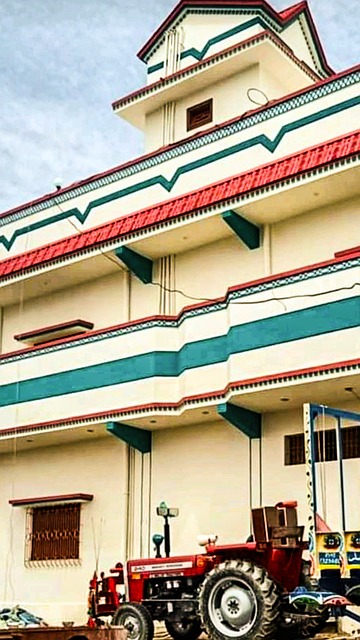
In Karachi, the construction bylaws for Garden West present both challenges and significant benefits for residents and developers alike. On one hand, strict adherence to these regulations ensures a well-planned, structured, and aesthetically pleasing neighborhood. This includes rules regarding building height, space allocation, and material choices, which collectively contribute to a harmonious urban environment. For residents, this translates into improved quality of life, with better light and air circulation, reduced noise pollution, and enhanced overall livability.
On the other hand, developers face certain hurdles when implementing these bylaws, particularly in terms of project delays and increased construction costs. However, long-term gains, such as higher property values, stronger community bonds, and a more sustainable urban landscape, outweigh these initial challenges. For Karachi, these bylaws represent a step towards a greener, more organized future, where balanced development coexists with the needs of its residents.
Future Prospects: Enhancing Urban Planning in Karachi

As Garden West constructs its reputation as a model urban development, its impact extends beyond its borders. The innovative bylaws and sustainable practices implemented here can serve as a blueprint for future projects throughout Karachi. By prioritizing open green spaces, efficient infrastructure, and community-focused amenities, Garden West sets a new standard for urban planning in the city.
This forward-thinking approach offers promising prospects for Karachi’s future. The successful integration of residential, commercial, and recreational areas can inspire developers and urban planners to rethink dense urban development, promoting harmony between modern conveniences and natural environments. Karachi, known for its vibrant culture and dynamic economy, has an opportunity to enhance its livability and create a more sustainable and aesthetically pleasing metropolis through the lessons learned from projects like Garden West.
The development of Garden West in Karachi has brought significant attention to construction bylaws, highlighting the need for a balanced approach that supports urban growth while preserving the city’s unique character. By understanding and adhering to these regulations, both developers and residents can navigate the challenges and capitalize on the benefits this transformation brings. Moving forward, continuous evaluation and enhancement of urban planning strategies in Karachi will be crucial to ensure sustainable and harmonious development, making it a model for future projects across the city.
